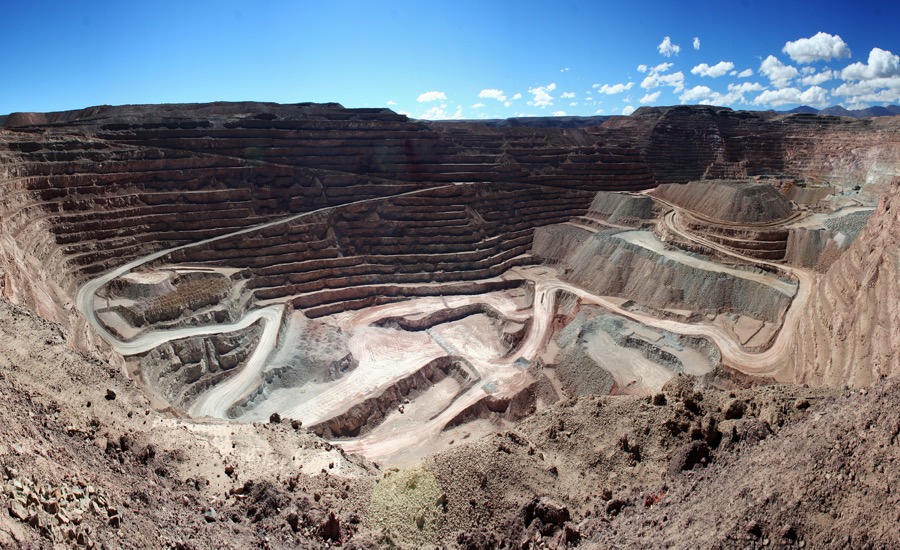BHP switches to green power for Chilean copper starting 2021

BHP, the world’s biggest miner, said on Monday it had signed four renewable energy contracts to supply all of its Chilean copper operations beginning in 2021, cutting energy costs by 20%.
Miners, which often use fossil fuels as the energy source in their operations, are shifting to renewable generation as the cost of wind and solar power drops, while social and shareholder pressure to address climate change mounts.
They will displace 3 million tonnes of carbon dioxide from 2022 compared with fossil fuel-based contracts, equivalent to annual emissions from 700,000 combustion-engine cars
Daniel Malchuk, president of BHP Minerals Americas, said BHP had signed contracts to cover the energy needs of Escondida, the world’s biggest copper mine, and Spence, another copper mine in Chile, the world’s leading copper-producing country.
These include 15-year contracts from August 2021 with Enel Generacion Chile for 3 terawatt hours per year (TWh/year) and 10-year contracts for 3 TWh with Chilean utility Colbun from January 2022.
They will displace 3 million tonnes of carbon dioxide from 2022 compared with fossil fuel-based contracts, equivalent to annual emissions from 700,000 combustion-engine cars.
BHP did not give a cost for the new contracts, but said they were the most extensive signed by a corporate customer in Chile. They will result in a provision of about $780 million related to the cancellation of the existing coal contracts, which will be recognised in BHP’s December 2019 half-year results.
“It’s good for the environment, it’s good for emissions, but it’s also great business,” Malchuck told reporters in London.
Chile has taken a lead in renewable power, and costs there for wind and solar energy have plunged.
Another mining major, Anglo American, said in July it would use only renewable sources to power its mines in Chile beginning in 2021 following another deal signed with Enel’s Chilean subsidiary.
BHP Chief Executive Andrew Mackenzie said he expected the trend to continue globally.
“As part of global decarbonisation, similar moves from coal more or less directly to renewables may be required over the coming decades in other countries, particularly those without access to cheap gas,” he said.
BHP, Anglo American and other miners also say they are seeking to reduce water use, especially as many mining operations are in arid areas.
In Chile, BHP said it was working to eliminate the depletion of aquifers in the desert regions where it operates. It has a goal not to source water from aquifers by 2030 and is instead investing in desalination plants.
(By Barbara Lewis; Editing by Dale Hudson)
{{ commodity.name }}
{{ post.title }}
{{ post.date }}




Comments